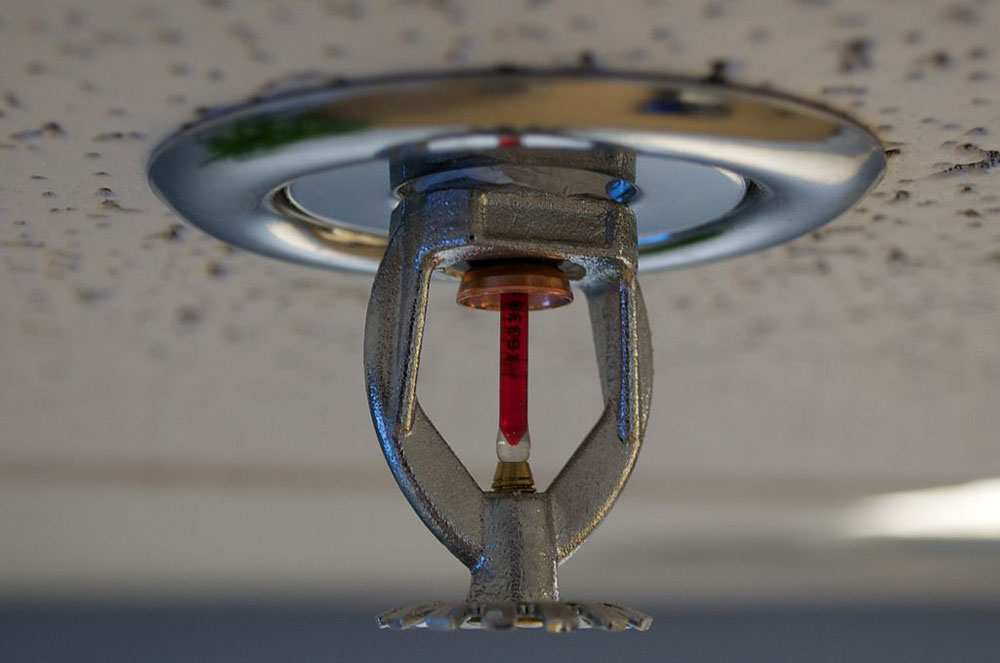
October 20, 2019; Sentinel & Enterprise (Fitchburg, MA)
Jeffrey’s House, an organization that manages four sober houses in the city of Fitchburg, Massachusetts, has been rigorously defending itself against the city’s attempts to make sure they have sprinkler systems in place.
The organization, which is described in this article as a nonprofit and says on its own webpage that it is a 501c3 but resides at a dot-com address and has no listing on GuideStar, put forward the argument that the requirement violates the Americans with Disabilities Act and the Fair Housing Act. But a few weeks ago, a three-judge panel of the first US Circuit Court of Appeals in Boston ruled against Jeffrey Summers, who runs the facilities, finding that an exemption from the fire safety requirements was neither reasonable nor necessary.
Summers took the usual tack of threatening to close.
“I’ve been battling the city for eight years on this and it does get tiresome, but we’re going to be here until it’s no longer feasible,” he says. “We’re not really sure what happens now. The worst-case scenario is that we shut our doors altogether.”
Mayor Stephen DiNatale, however, seems unfazed by that prospect.
“The city is pleased with the decision, as it promotes public safety for the residents of sober homes, their neighbors and first responders,” DiNatale says. “I want to thank all of the city officials involved in working so hard to justly and fairly treat sober homes within the City of Fitchburg.”
The problem was first surfaced in 2013. Summers has argued that the sprinkler law does not apply to sober houses, that the required inspections would disrupt the residents, and that the cost of sprinklers would be prohibitive. Jeffrey’s House has also tried to avoid the requirement by offering to reduce the number of residents in the houses; he’s subsequently withdrawn that offer, and since 2015 has been suing the city and a number of other municipal officials.
Sign up for our free newsletters
Subscribe to NPQ's newsletters to have our top stories delivered directly to your inbox.
By signing up, you agree to our privacy policy and terms of use, and to receive messages from NPQ and our partners.
Summers said Jeffrey’s House will either have to scale back the number of people per household, from six to five, or to invest in sprinklers.
“Those are very difficult and expensive options right now,” he said.
The number of unregulated rehabilitation and sober house programs has ballooned in recent years, bringing predictable problems of quality and safety. A report about such facilities in Maine concluded that the “industry” there is booming, and that spells serious potential problems. Marissa Bodnar, covering the story for WGME’s I-Team, writes:
“I’ve heard some pretty bad stories of houses in Portland, where it was just cots in a basement with a sheet dividing them,” said Eric Skillings, who serves as director of operations for the men’s Journey House in Sanford.
There’s no oversight of these private homes in Maine, in part because they’re protected under a pair of federal laws. The Fair Housing Act and Americans with Disabilities Act prevent discriminatory housing practices against individuals with disabilities, which include substance use disorders.
But not all recovery house providers dread regulation of their facilities. Jesse Harvey, founder of Journey House, says, “There really are no regulations that we have to follow that any ordinary single family wouldn’t have to follow.”
Jeffrey’s House is listed as a certified member of the Massachusetts Alliance for Sober Housing.—Ruth McCambridge












